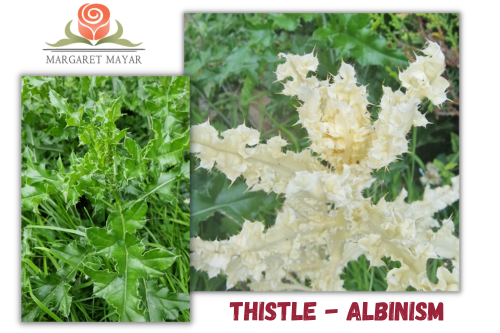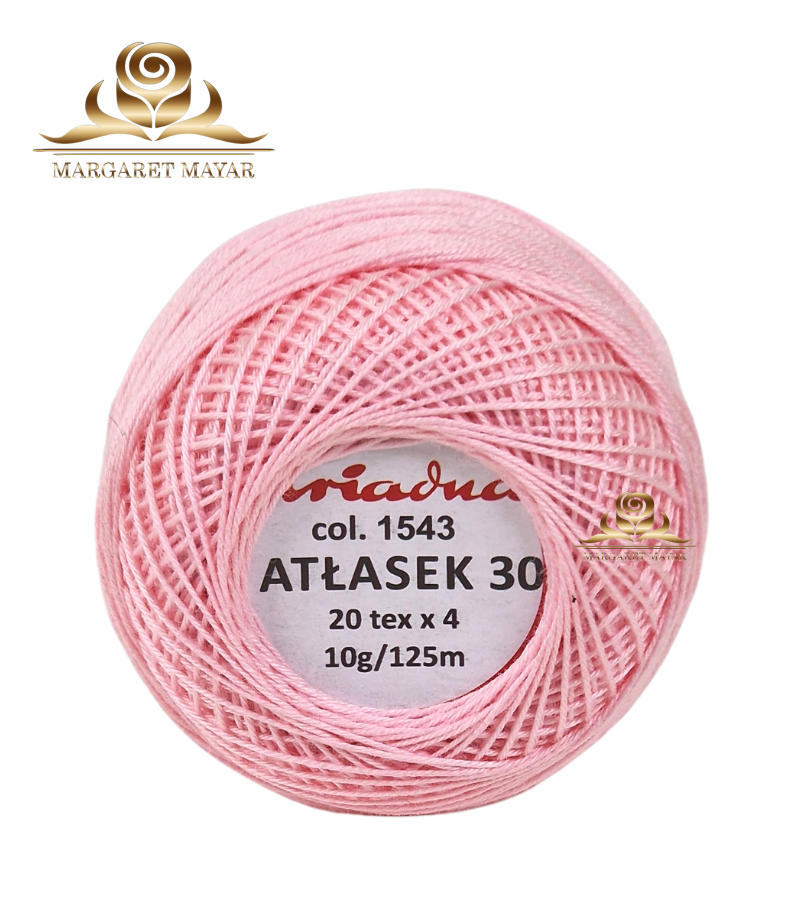Walnut (Juglans regia L.), is such a popular tree giving beautiful fruit, not only to decorate Christmas trees, but also to decorate tables, kitchens and very often used in dishes, salads and cakes. Everyone knows the story of ‘The Nutcracker’ from childhood.
Such a famous and noble tree, unfortunately, is very rarely seen in English gardens.
Why? One of the reasons is that as a long-living tree (it can bear fruit even up to 400-500 years) it grows to be a magnificent tree. Its height reaches 25-35m and the crown is really spread out. Therefore, many people decide not to plant such powerful trees in small gardens and thus give up the benefits that they give.
The nut fruit is a very rich source of omega-6 unsaturated fatty acid, linoleic acid and omega-3 acid. It also contains potassium, phosphorus, magnesium, zinc, manganese, and iodine. It contains a lot of folates and B vitamins. Walnut is a reservoir of amino acids. Due to the content of unsaturated fatty acids, walnut fruit is recommended in an antiatherosclerosis diet. A diet high in walnuts can also reduce the risk of breast and prostate cancer.
Nowadays it is important to enrich and immunize your body. All B vitamins, omega-6 and 3 fatty acids are combined with an excellent natural antidepressant. Supports states of reduced energy. Walnut leaves can be used to make infusions and tinctures, which have excellent antibacterial, anti-inflammatory, anti-diarrheal and anti-haemorrhagic properties.
So it’s worth adding walnut oil and crushed nuts to your kitchen. When added to salads, it will provide vitamins and appropriate acids.
At the same time, I would like to remind you that, unfortunately, nuts, oils and nut products are big allergens, so for people who are allergic to them eating them may be very dangerous. I recommend extreme caution.
































